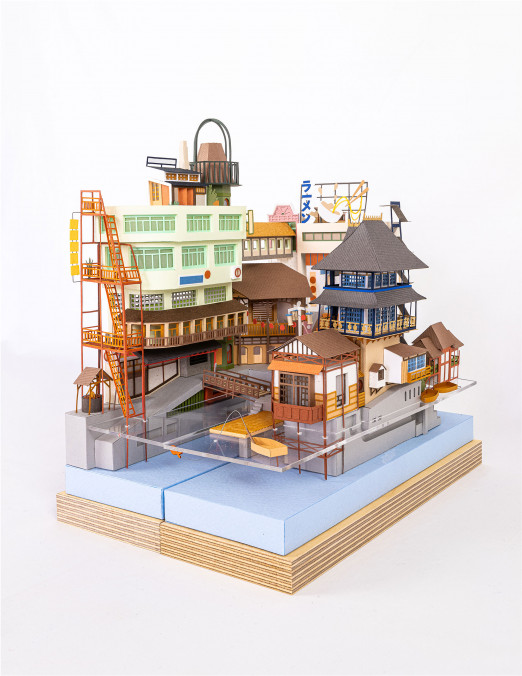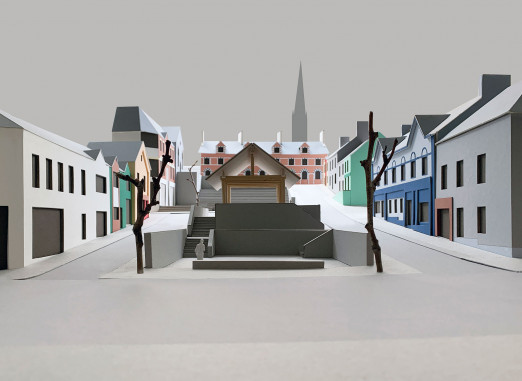This online event explores how digital modelling techniques can be used in cross disciplinary research to reveal human rights abuses in the built environment. We bring together Sarah Nankivell of Forensic Architecture and Alison Killing of Killing Architects to shed light on their ongoing investigations and the modelling tools that are critical to them.
Sarah Nankivell, Research Manager of Forensic Architecture (FA), will introduce FA’s methodologies through the lens of an ongoing investigation where FA’s techniques have been used to evidence heritage destruction caused by contemporary conflict and environmental damage. Using tools such as spatial and architectural analysis, open source investigation, and digital 3D modelling, this investigation explores heritage as a human right, archaeology as a tool for open-source investigation, and the complex challenges of modelling the many layers of history, ancient and contemporary, at this remarkable site.
Alison Killing, founder of Killing Architects, will share her Pulitzer Prize winning research exposing the network of detention camps in Xinjiang, China. China has built a vast network of detention camps in the north west region of Xinjiang as part of its campaign of oppression against Turkic Muslims. It is believed that more than a million people have been detained. Killing and her team used satellite imagery, architectural analysis and eyewitness interviews to uncover the camp network and investigate what was happening there.

About Sarah Nankivell
Sarah Nankivell is the Research Manager of Forensic Architecture, a research agency based at Goldsmiths, University of London. Sarah is a graduate of the University of Toronto (BSc) and the University of Cambridge (MPhil), where her research focused on the destruction of heritage sites in conflict. Sarah joined the FA team in 2017, having previously worked at B+H Architects, the Metropolitan Museum of Art, and the Aga Khan Museum.

About Alison Killing
Alison Killing is a journalist and licensed architect who uses maps and data to investigate urgent social issues. She worked in architecture and urban planning practices in London and Rotterdam for several years, before starting her own studio, Killing Architects. Since then she has produced and curated an exhibition on death and architecture called Death in Venice, carried out research into the reconstruction in Haiti following the 2010 earthquake and developed Migration Trail, a mapped data visualisation about migration to Europe. In 2021 she was awarded the Pulitzer Prize for International Reporting, together with Megha Rajagopalan and Christo Buschek for a series of articles exposing the network of detention camps in Xinjiang, China.
This event is part of the Shaping Space - Architectural Models Revealed programme, funded by the AHRC, led by the V&A and the Building Centre.
We would like to thank our supporters; Amalgam Modelmaking, 4D Modelshop, B.15 Workshop, Drawing Matter, GHA Group, The University of Manchester, MAP Laboratory (CNRS), and Model Platform.














